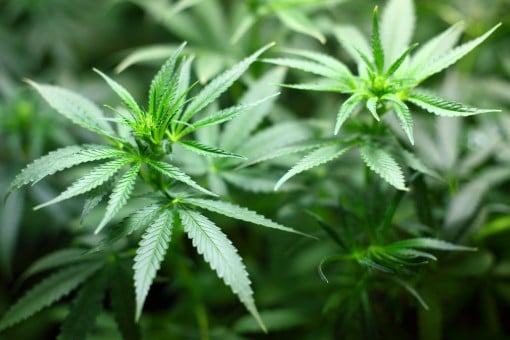
Last Thursday, President Trump signed off on the Agriculture Improvement Act of 2018, which states that the production and marketing of hemp is now legal.
Other forms of cannabis with low THC amounts are also included in this change. (THC is the compound that gives marijuana its high).
On the other hand, legalizing hemp and CBD doesn’t mean the public or its providers have free reign. The US Food and Drug Administration released a statement to clarify its authority on the matter.
“Congress explicitly preserved the agency’s current authority to regulate products containing cannabis or cannabis-derived compounds,” the FDA statement says (1).
In other words, the FDA is still the governing authority that will provide regulation for hemp and CBD. This FDA jurisdiction is backed by the Federal Food, Drug, and Cosmetic Act and the Public Health Service Act.
While the FDA acknowledges the public’s interest in these cannabis derivatives, the organization underscores its duty to protect people’s health.
So then, what does the farm bill mean in terms of people using hemp or CBD?
According to Associated Press, it means that some parts of hemp can be used without further FDA permission (2). Those include hemp seeds, hemp protein and hemp seed oil.
Like medical marijuana, though, some states had already legalized hemp with food and supplement products lining their shelves. However, the new farm bill will now allow hemp farmers to gain insurance, loans and grants for their crops, reports Associated Press.
On the other hand, CBD cannot be used in food or dietary supplements the same way.
“This is because both CBD and THC are active ingredients in FDA-approved drugs and were the subject of substantial clinical investigations before they were marketed as foods or dietary supplements,” states the FDA.
In addition, drugs containing CBD on the market should have FDA approval. That approval applies to all plants or compounds making a medical or health benefit claim.
Can dietary supplements do more harm than good?
While this stance on regulation should be expected, some cannabis advocates were hoping for more. According to Associated Press, lobbyist Courtney Moran is planning to push the FDA a bit further on the issue.
The FDA has dedicated an informational webpage to help people understand its stance and to answer commonly asked questions (3).
When addressing why the organization hasn’t approved medical marijuana, the FDA outlines its role in reviewing data from manufacturers and scientific investigations. The FDA specifies the need for clinical trials to identify medical marijuana’s safety and efficiency.
Even still, advocacy groups consider the farm bill a major step in the right direction for legalizing cannabis.
References:
- Gottlieb, S. (2018, December 20). Statement from FDA Commissioner Scott Gottlieb, M.D., on signing of the Agriculture Improvement Act and the agency’s regulation of products containing cannabis and cannabis-derived compounds. U.S. Food and Drug Administration. Retrieved from https://www.fda.gov/NewsEvents/Newsroom/PressAnnouncements/ucm628988.htm.
- Associated Press. (2018, December 23). Despite hemp legalization, FDA will still consider CBD products largely illegal. MarketWatch. Retrieved from https://www.marketwatch.com/story/despite-hemp-legalization-fda-will-still-consider-cbd-products-illegal-2018-12-23.
- U.S. Food and Drug Administration. (2018, December 20). FDA and Marijuana: Questions and Answers. Retrieved from https://www.fda.gov/NewsEvents/PublicHealthFocus/ucm421168.htm#notapproved.
